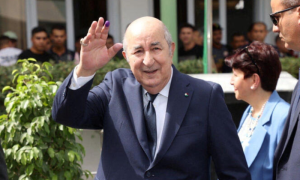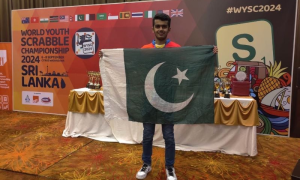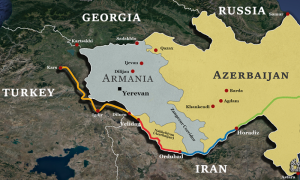DHAKA: Bangladesh on Thursday banned the Jamaat-e-Islami party, its student wing, Islami Chhatra Shibir, and associated bodies, designating the party as a “militant and terrorist” organization as part of a nationwide crackdown following weeks of violent student protests that left over 250 people dead and thousands injured across the nation.
The ban was announced by Bangladesh’s Ministry of Home Affairs and is enforced under the country’s anti-terrorism law. The move follows accusations from the ruling Awami League party-led coalition that Jamaat-e-Islami and its affiliates were responsible for inciting violence during recent student demonstrations. These protests erupted over a controversial quota system for government jobs, which has been a contentious issue in the country.
Prime Minister Sheikh Hasina and her allies have blamed Jamaat-e-Islami for the unrest, alleging that the party and its student wing were key players in the violent outbreaks. The student protests, which began over demands for reforms to the quota system, have seen a dramatic escalation in recent weeks. The violence prompted the government to impose a nationwide curfew and deploy military forces to restore order.
Jamaat-e-Islami has rejected these accusations, calling the ban an “illegal move” and accusing the government of using the party as a scapegoat to divert attention from its own actions against students. In a statement, Jamaat-e-Islami condemned the decision, asserting that it is unconstitutional and represents a political maneuver to suppress opposition.
Bangladeshi law enforcement has launched a major crackdown and arrested over 10,000 people in the past 12 days, including several members of opposition parties. The government’s response has also included significant changes to the quota system, reducing it to 7 percent with 5 percent reserved for the children of war veterans, in response to the protests.
The background of Jamaat-e-Islami in Bangladesh is complex. The party was originally banned after the country’s independence. However, the ban was lifted in 1976. Subsequent legal battles and political changes have seen the party’s registration canceled in 2013 by the Election Commission under Sheikh Hasina’s administration, and its participation in national elections barred.
In 2023, the Supreme Court upheld a previous decision disqualifying the party from elections, but it had not been outright banned from political activities until now.
Jamaat-e-Islami’s chief, Shafiqur Rahman, responded to the ban by condemning it as an abuse of power, claiming it undermines democratic processes and could lead to further instability. He argued that such decisions should be made based on legal frameworks rather than political agendas.























